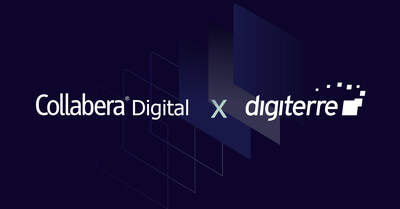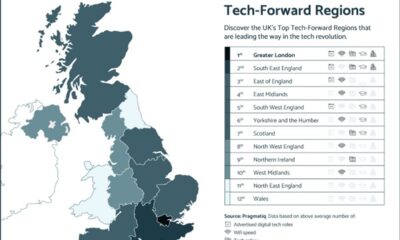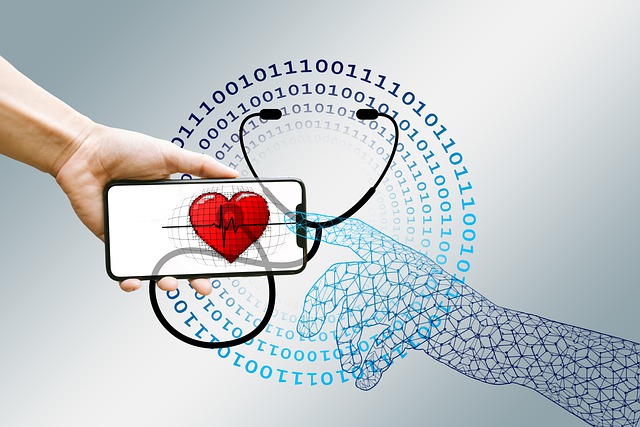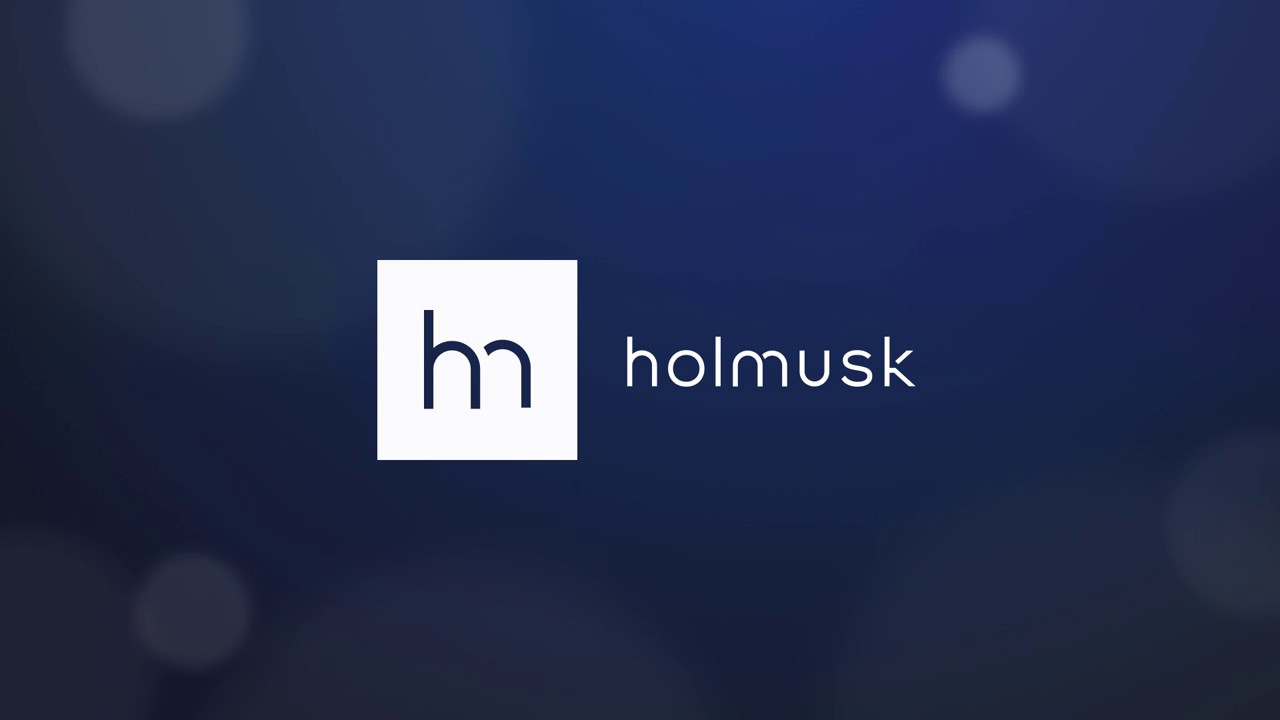Over the past decade, technological advances have driven healthcare industries through new developments that help us find, prevent, and cure diseases. The rise of artificial intelligence (AI) technology and the digitization of healthcare workflow are responses to the growing demand for accessible and quality medical services.
As we move forward into the future, it’s critical to understand the trends driving healthcare technologies in 2023. Health care is undergoing many changes, often replacing older systems with more advanced technologies. We must consider how these legacy systems and new technologies interact and evolve. The focus should be on improving performance, productivity, and security while retaining reliability and accessibility. IT Support Salisbury experts help to improve the performance of the healthcare industry.
In this blog, we will cover six different healthcare technology innovations that are revolutionizing healthcare today. In addition, we will examine how artificial intelligence and blockchain are used in medical care.
The Internet of Things (IoT)
The internet of things is a new technology trend in healthcare that connects devices with other devices, computers, and the internet. These interconnected devices can send and receive data in real time. As a result, healthcare organizations can leverage a wealth of data and make healthcare more efficient and personalized.
Wearable medical devices are an excellent example of the impact of the internet of things in healthcare. These medical devices can track a patient’s vitals, such as heart rate and temperature, without needing a skin-attached monitor. As a result, it has made it easier for patients to get medical care anywhere, at any time. Artificial intelligence is also being used to diagnose diseases early, which has helped improve patient outcomes.
Telemedicine is another emerging healthcare technology that is revolutionizing healthcare. Doctors can treat patients from anywhere in the world via video chat and digital health records. This has helped improve healthcare outcomes by allowing patients to receive care in their environment rather than traveling long distances for treatment. The internet of things is an exciting development with huge potential to improve health care globally.
Artificial Intelligence
Artificial intelligence is widely used in healthcare through applications such as computer vision, natural language processing, medical data analysis, and healthcare IT. These techniques have enabled healthcare organizations to automate routine tasks, save time and money, and improve patient care.
One of the most popular applications of artificial intelligence is a medical diagnosis. Medical imaging is a vital part of healthcare. However, it requires much professional effort and is prone to human error. With artificial intelligence, computers can analyze medical images automatically to provide an accurate diagnosis with high precision. This has reduced medical errors and improved patient care.
Another important application of artificial intelligence in healthcare is chatbots. These conversational interfaces provide a personalized patient experience by engaging with them emotionally. As a result, they help patients understand their health issues better, answer their queries quickly, and make appointments easier.
Blockchain
Blockchain is a distributed database that allows secure, transparent, and tamper-proof transactions. Its many uses in healthcare include creating tamper-proof registries for medical records and prescriptions, reducing the cost of healthcare by eliminating intermediaries, and tracking patient data from start to finish, helping to improve care and efficiency.
As a technology with the potential to change everything from banking to healthcare, it’s vital that you stay up-to-date with the latest innovations in healthcare. By reading industry journals and attending conferences, you can learn more about blockchain’s potential uses in healthcare and how it can revolutionize your business.
Remote Patient Monitoring (RPM)
Remote patient monitoring (RPM) is one of the healthcare technology innovations that allows doctors to monitor patients through remote sensors and a digital interface. RPM gives healthcare professionals a digital window into the health status of their patients by streaming live videos of them from multiple angles.
The benefits of RPM include improved patient safety, reduced workload for medical staff, and cost savings for healthcare organizations. Remote patient monitoring technology has the potential to improve healthcare outcomes and reduce healthcare costs. Hospitals can identify problems with a patient’s care early on with RPM and take appropriate actions. Additionally, RPM systems enable healthcare professionals to provide care from distant locations, reducing the stress of seeing a patient face-to-face. Overall, remote patient monitoring technology benefits healthcare organizations and their patients.
Cloud Migration
MarketsandMarkets states that the global healthcare cloud computing market is expected to reach $89.4 billion by 2027 at a CAGR of 17.8%. As a result, organizations are looking to migrate their data, applications, and infrastructure to the cloud. Cloud migration services enable users to move their data, applications, and infrastructure to the cloud. These services can help organizations save money and time by eliminating the need for expensive data center upgrades and maintenance. Additionally, cloud migration services help organizations reduce risk by ensuring data security and compliance with a single system.
The market is also witnessing growth in hybrid clouds, which combine on-premises and cloud deployments. By combining on-premises and cloud technologies, organizations can improve their digital transformation efforts’ cost-effectiveness, agility, and flexibility. Overall, the healthcare industry is adopting technology at a rapid pace, creating a significant demand for cloud migration services that will help organizations successfully move their data across various systems.
Telemedicine
Telemedicine is one of the emerging healthcare technologies that provide remote patient care using technology such as video conferencing. It offers a cost-effective and efficient way to provide remote healthcare services, allowing patients to receive doctor’s care from any location.
Besides offering convenience, telemedicine also reduces healthcare costs by reducing the number of offices visits a patient requires. In addition, doctor-patient communication and collaboration are improved by telemedicine, leading to a better understanding of the patient’s health concerns and better treatment outcomes.
Another benefit of telemedicine is that it enables patients to access care from multiple providers in a single visit. This makes it easier for patients to select the best provider for their medical needs. Besides, telemedicine can reduce health disparities by providing healthcare services to people regardless of their geographical location or socioeconomic status.
Conclusion
Innovations in healthcare are changing the way we care for our health. While using technology in healthcare is making a big difference, it’s up to healthcare professionals to adapt and innovate to make the best of it. Personalization of care is another trend that is revolutionizing healthcare. With artificial intelligence and machine learning replacing human decision-making, healthcare professionals can utilize these innovations to make patient care more efficient. Artificial intelligence can also help healthcare professionals diagnose diseases at an earlier stage, thus reducing the number of patient visits. By understanding how technology is changing healthcare, you can take steps to adopt such technologies in your industry.
Post courtesy: Chelsea Fetzer: Sales and Marketing Supervisor at Biz Technology Solutions
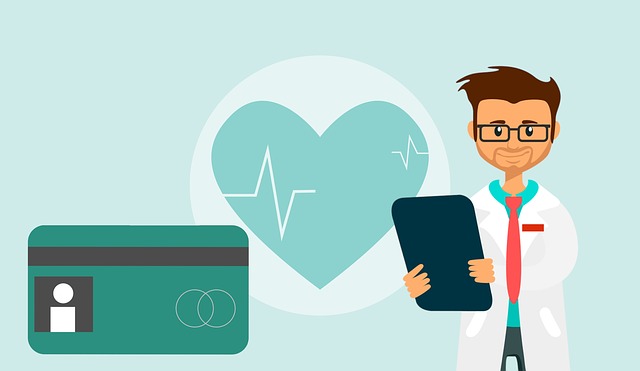




 How to7 years ago
How to7 years ago


 More4 years ago
More4 years ago


 More6 years ago
More6 years ago


 Interview4 years ago
Interview4 years ago


 Other Internet Tech6 years ago
Other Internet Tech6 years ago


 More6 years ago
More6 years ago


 Business Ideas6 years ago
Business Ideas6 years ago

